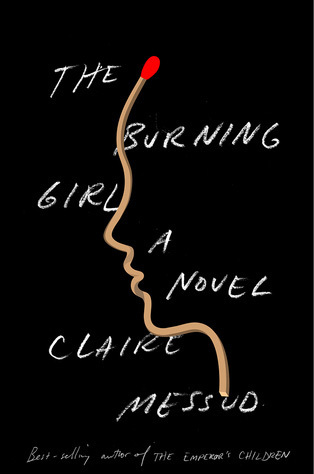 loading
loading
Reviews: November/December 2017 View full imageThe Burning Girl Debra Spark ’84 is author of the novel Unknown Caller.
In Claire Messud’s most recent novel, The Burning Girl, Cassie and Julia (Juju) are childhood friends who met when one extended an invitation to the other to build a sandcastle, or so say their parents. The sense of the friendship as fated and adorable, and perhaps defined by the evolving story of the friendship as much as by the friendship itself, continues right through the novel. Also right through the novel, Juju, the narrating consciousness, is more attached to the union—even as the friendship frays. What the girls share is a sense of how stories add (or subtract) meaning from lives. They fashion an early trek to a hidden property in the woods into a Hansel-and-Gretel tale, using journal paper pulled out of a backpack for their cookie-crumb trail back to civilization. The narratives available to the two 12-year-olds girls at the start of the book segue, as the girls enter high school, into increasingly dark stories. There are the stories of the women around them and the stories present in the architecture of their mythic imagination, thanks to the culture at large: the madwomen in the asylum, the elegant women at the estate, the sexualized girl “doing” an entire sports team, the adopted daughter found, and on and on, including the girl as target of rape and murder. From the novel’s start, we get a contrast: the larger, dark-haired storyteller—loyal, articulate (sometimes unconvincingly articulate given her youth) Juju, who is cautious perhaps in everything but giving her heart away to her friend; the beautiful, slight, white-blonde Cassie, who is more daring, hard-edged, and ultimately needy. How to author one’s own being, given the options, and once men—as authority figures, sexual possibilities, love objects, absences, or even kind souls—enter the picture? Messud’s beautifully written book is both a layered page-turner about Cassie’s and Juju’s fates and a profound essay on what it means, as Messud writes in the closing page, “to be a young woman.”
The comment period has expired.
|
|